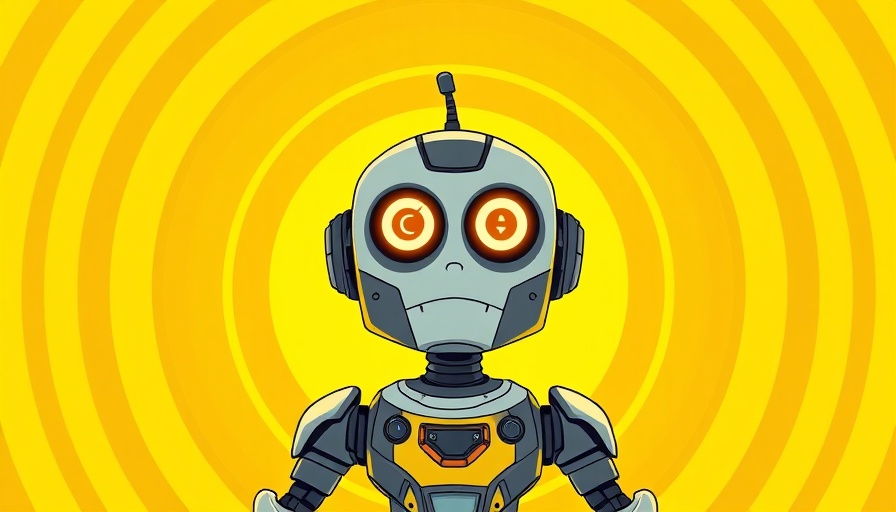
A Divisive Battle Over Copyright and AI Training
The ongoing debate surrounding the use of copyrighted material by artificial intelligence (AI) developers has come to a head, prompting urgent discussions among policymakers in Washington, D.C. Major players in the AI field, including OpenAI and Google, assert that the ability to access and utilize copyrighted content is critical not just for their own development, but for the United States' competitiveness in the global AI landscape. This article explores the implications of the copyright versus AI training dispute and highlights the varying perspectives within this heated issue.
Why This Debate Matters
At the forefront of this issue is a national security concern. AI firms argue that without the ability to draw on copyrighted material, American companies could lag significantly behind their Chinese counterparts, who may have more extensive datasets available for training. OpenAI emphasized this point in a recent legal filing, contending, "If Chinese developers have unfettered access to data and American companies are left without fair use access, the race for AI is effectively over." This statement underscores the urgency felt by AI companies to secure legal frameworks that facilitate their operational needs.
Understanding Fair Use in AI
The concept of fair use presents a complex landscape for this issue. Fair use does allow limited use of copyrighted material; however, its applicability in AI training is being scrutinized in several ongoing legal disputes. The challenge lies in defining what constitutes 'fair use' in a space where machine learning algorithms sift through vast amounts of data, potentially learning from or making derivatives of copyrighted works without proper credit.
The Creative Industry's Response
Opposing viewpoints emerge from creative industry advocates, who warn that weakening copyright protections could imperil not only individual creators but also the broader economic and cultural framework of the United States. The News/Media Alliance, which represents a coalition of newspapers and publishers, argues that protecting intellectual property is essential for maintaining a robust economy. "Loosening standards for everyone else's creative IP might be convenient for them in the short run, but the long-run implications are bad for everyone," said N/MA CEO Danielle Coffey.
The Voices of Creatives
Furthermore, over 400 notable entertainers and filmmakers have signed a letter urging that the advancement of AI should not compromise the existing pillars of the arts and entertainment sector. Their message is loud and clear: America’s leadership in AI should not come at the expense of its creative industries, which support millions of jobs and serve as a beacon of American culture globally. This perspective highlights the multifaceted repercussions of the copyright versus AI training debate, which transcends legal disputes and touches on the cultural fabric of the nation.
Moving Forward: Balancing Innovation and Protection
As AI continues to evolve, finding the right balance between leveraging copyrighted material and respecting creators' rights is paramount. Companies like Vermilio, which utilize OpenAI’s ChatGPT for their operations, present unique challenges to this dialogue. Drawing on AI tools while ensuring adherence to copyright law showcases a path forward, though a clearer legal framework may be needed to navigate these complexities.
A Call to Action for Policymakers
As discussions on AI copyright use proceed in Congress and various legal circles, it is essential for stakeholders—including lawmakers, AI developers, and creatives—to engage in collaborative dialogues aimed at establishing policies that protect intellectual property while fostering innovation. These conversations must ensure that the benefits of AI technology can be harnessed for society's advantage without undermining the rights of content creators.
Ultimately, the outcome of this debate will shape the future of both technology and the creative industries. It's crucial that as a society, we recognize the significance of protecting our cultural assets while also embracing the transformative potential of AI.
 Add Row
Add Row  Add
Add 




 Add Row
Add Row  Add
Add 

Write A Comment